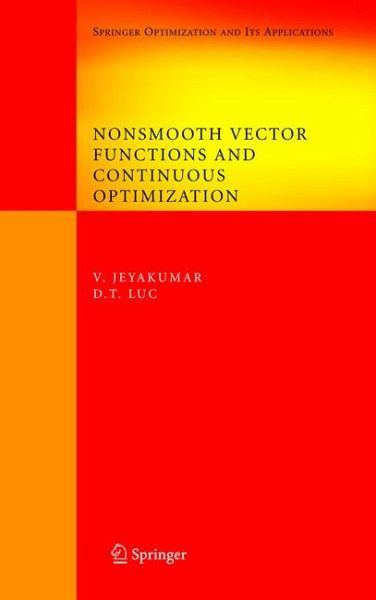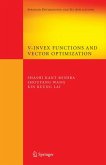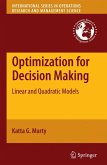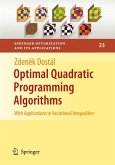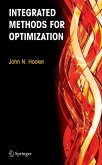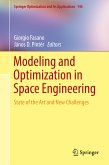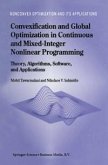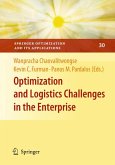The treatment is motivated by a desire to expose an elementary approach to nonsmooth calculus by using a set of matrices to replace the nonexistent Jacobian matrix of a continuous vector function. Such a set of matrices forms a new generalized Jacobian, called pseudo-Jacobian. A direct extension of the classical derivative that follows simple rules of calculus, the pseudo-Jacobian provides an axiomatic approach to nonsmooth calculus, a flexible tool for handling nonsmooth continuous optimization problems.
Illustrated by numerous examples of known generalized derivatives, the work may serve as a valuable reference for graduate students, researchers, and applied mathematicians who wish to use nonsmooth techniques and continuous optimization to model and solve problems in mathematical programming, operations research, and engineering. Readers require only a modest background in undergraduate mathematical analysis to follow the material with minimal effort.
Dieser Download kann aus rechtlichen Gründen nur mit Rechnungsadresse in A, B, BG, CY, CZ, D, DK, EW, E, FIN, F, GR, HR, H, IRL, I, LT, L, LR, M, NL, PL, P, R, S, SLO, SK ausgeliefert werden.
Hinweis: Dieser Artikel kann nur an eine deutsche Lieferadresse ausgeliefert werden.

